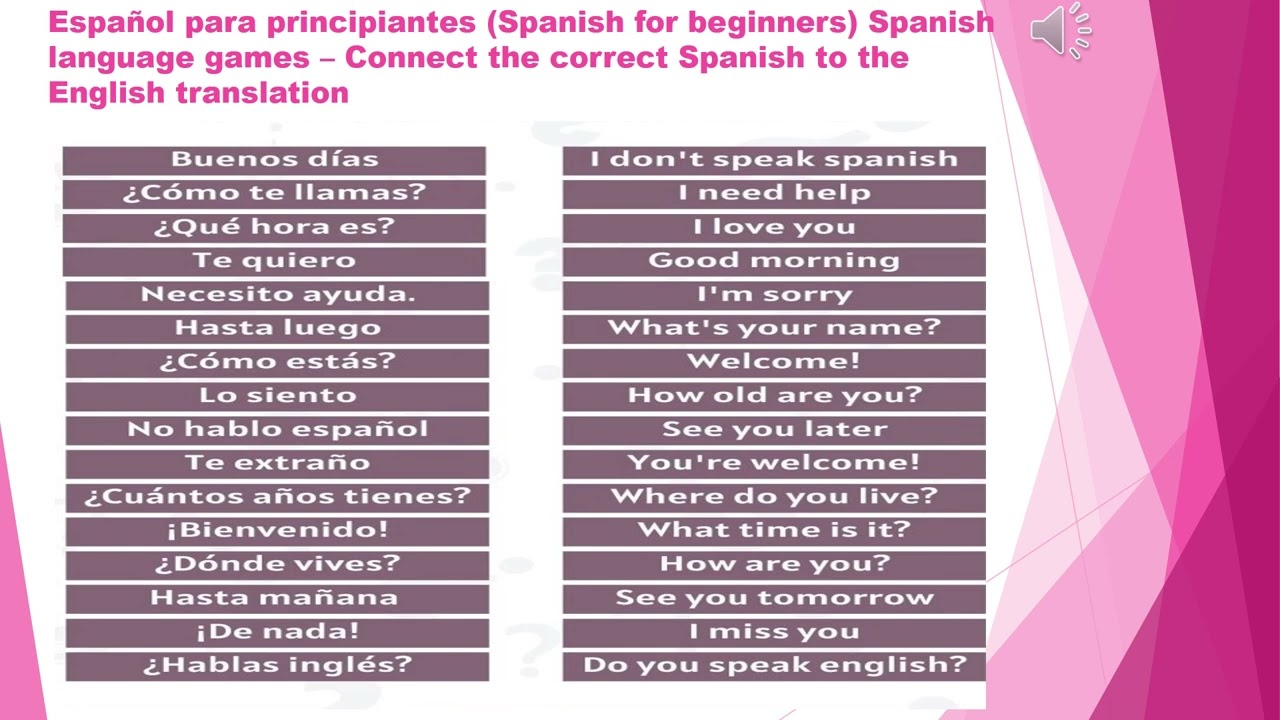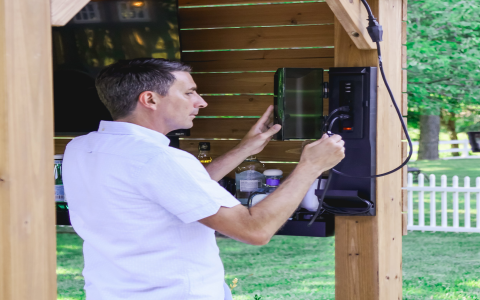Today I messed around with something called “Chama” and tried to get it into English. Let me tell you, it was a bit of a ride.

First off, I started by trying to figure out what this “Chama” thing even was. I did some digging around, searched through a bunch of websites, and found that it’s like a group savings thing, popular in some places. You know, where people pool their money together. I thought, “Okay, cool, I get the gist.”
Next, I needed to find the right words in English. It’s not just about translating word-for-word, right? I wanted to capture the whole idea. So, I brainstormed a bit. I considered words like “investment group,” “savings club,” and a few others. I even asked a couple of friends what they thought, just to see if I was on the right track.
My Options
- “Savings club” – Sounded simple, but maybe too basic?
- “Investment group” – This one felt a bit too formal, like something for Wall Street.
- “Money pool” – A bit crude, don’t you think?
- “Rotating Savings and Credit Association” – I found this one with a google search, it seemed too official and boring.
After mulling it over, I decided to stick with something straightforward like “savings group” or “community savings group.” It just felt right. I mean, it gets the point across without being too complicated or too slangy.
Then, I started thinking about how to explain it to someone who’s never heard of it. I figured the best way was to just describe how it works. You know, people getting together, contributing money, and taking turns getting a payout. Like a little community bank, but way more informal.
Finally, I put it all together. I wrote a little explanation, tried to keep it casual and easy to understand. I even threw in an example of how a Chama might work in practice, just to make it crystal clear. In the end, I think I did a pretty good job of explaining “Chama” in English. At least, I hope so!
It was a fun little exercise, and it really made me think about how language can be both tricky and super interesting. Anyway, that’s my story of tackling “Chama” and translating it into English. Hope you found it at least a little bit interesting!
















